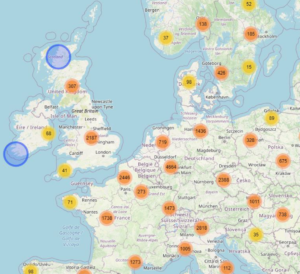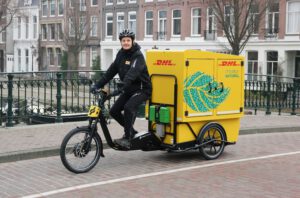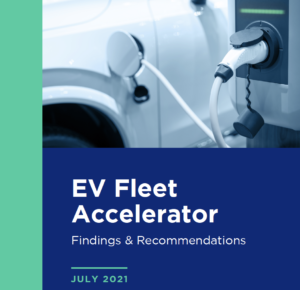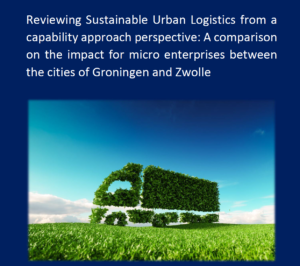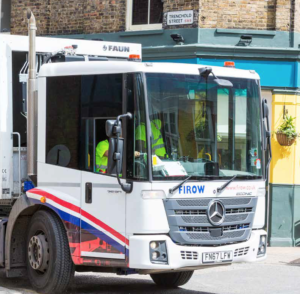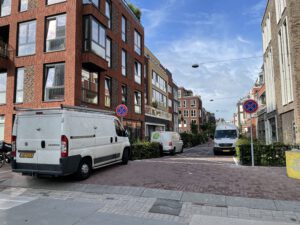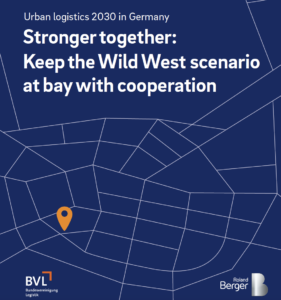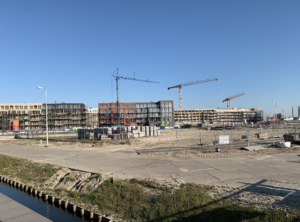New WHO Global Air Quality Guidelines aim to save millions of premature deaths from air pollution

Air pollution is one of the biggest environmental threats to human health, alongside climate change. New World Health Organization (WHO) Global Air Quality Guidelines (AQGs) provide evidence of air pollution’s damage to human health at even lower concentrations than previously understood. The guidelines recommend new air quality levels to protect the health of populations by …

